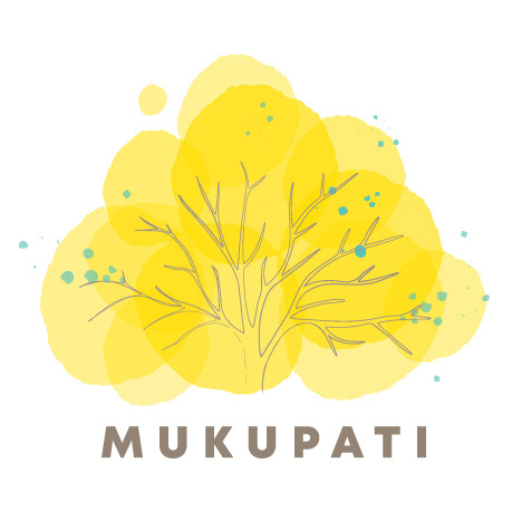Potty training is one of the most challenging, yet rewarding, stages of parenting. We often find ourselves overwhelmed with information and advice that, instead of helping us, creates more pressure. What if we told you that the key lies in simple routines and a connection with conscious parenting? In the latest episode of The Mukupati Path, we talk about three essential routines that will change your perspective.
1. The Power of the Morning Connection: "Let's go pee-pee"
I tell you how my mother, with her natural wisdom, gave me a simple but powerful piece of advice: "As soon as you get up, go to the bathroom with your child." Instead of asking, "Do you want to go to the bathroom?", the key is an active invitation: "let's go pee-pee."
This simple act of going to the bathroom together as soon as we wake up not only establishes a routine, but it also creates a connection. Children will instinctively pee upon waking if we leave them alone, but if we take them to the bathroom with us, the diaper will stay dry and they'll start to associate waking up with going to the bathroom. Children learn through imitation, and when they see that going to the bathroom is part of their parents' morning routine, they adopt it as something natural and safe.
2. Modeling Behavior: The Key to Independence
Let's remember that children learn to speak, walk, and eat through imitation. Why should potty training be any different? The second routine is precisely that: exposing your children to your own hygiene routines.
Instead of hiding, we should let them watch us. As I always say, "they want to be close; for them, there's no distinction, no disgust, no 'yuck.'" Seeing their parents go to the bathroom, brush their teeth, or take a bath becomes something natural, positive, and healthy. If a child sees that their mom or dad no longer wears diapers, it's a huge incentive for them to want to do the same, reinforcing their desire to be a "big kid." This modeling, even for a limited time, is crucial for them to adopt these habits naturally and without resistance.
3. The Magic of Language: "Let's..." Instead of "You have to..."
The third routine is one of the most powerful: the use of language. Instead of using a language of imposition, like "you have to take a bath" or "you have to go to the bathroom," I think it's better to use a language of collaboration: "let's take a bath" or "let's drink some water."
By using phrases like "let's do this," you eliminate resistance and involve the child in the activity. In addition, I have to emphasize the importance of narrating the world to our children, explaining each step of the routine: "Now we're going to wash our hands because pee has germs," or "Mommy needs to sleep because she's tired." This constant language not only teaches them about the world but also gives them the tools to identify their own needs and emotions, such as thirst, tiredness, or anger. This lays the groundwork for them to become conscious adults, capable of listening to and understanding their own bodies and feelings.
Conclusion:
Potty training doesn't have to be a battle. By partnering with The Mukupati Path and using these three routines of conscious parenting, I truly believe you can guide your child toward diaper independence while also fostering their confidence and ability to become an empathetic, conscious human being.
What do you think? Are you ready to apply these routines at home?
Ya están abiertas las inscripciones para nuestro Audio training Gratuito: El Shift Mental que Necesitas Para que Tu Hijo Deje El Pañal...Sin Dramas.
Un entrenamiento gratuito en tres audios, diseñado para madres conscientes de niños entre 14 y 30 meses, que quieren decir Chao Pañal sin dramas.
Inscríbete antes del 13 de septiembre
y recibirás los audios directamente en tu bandeja de entrada



